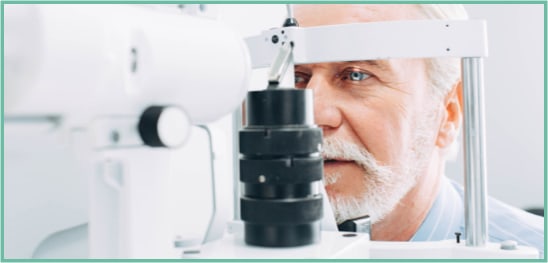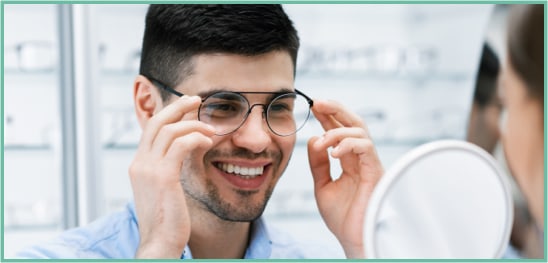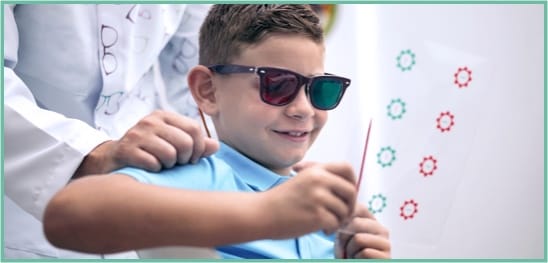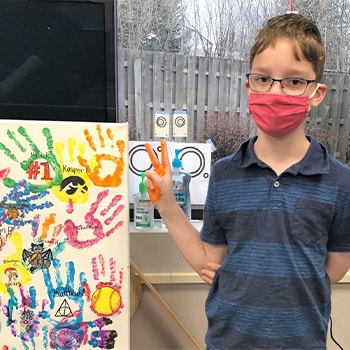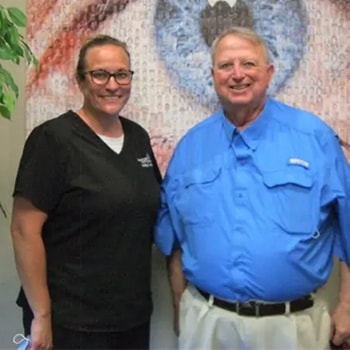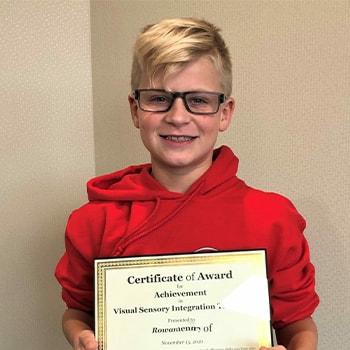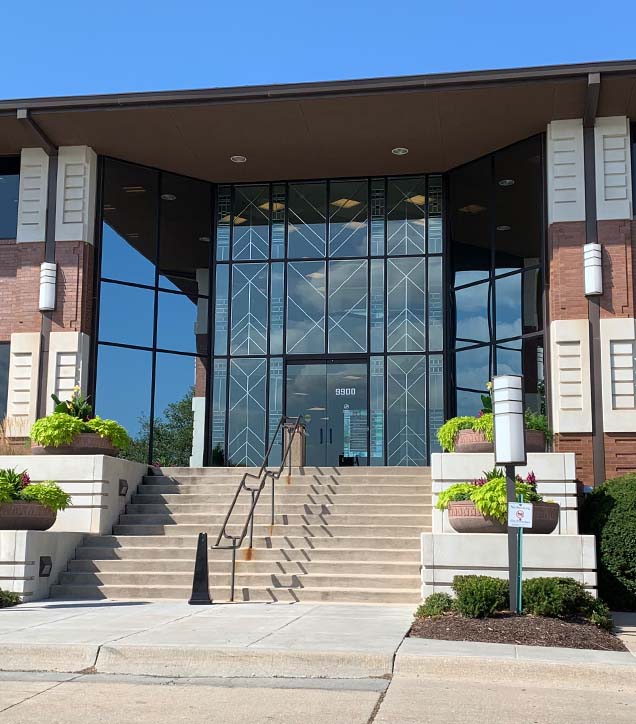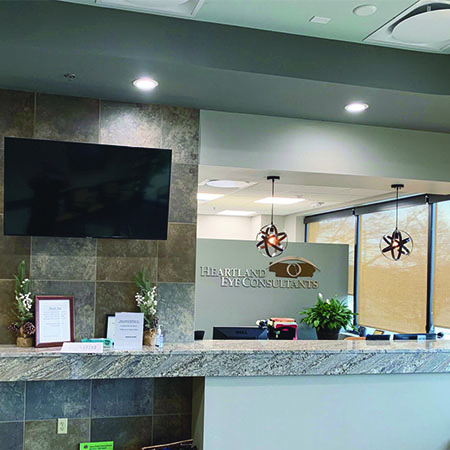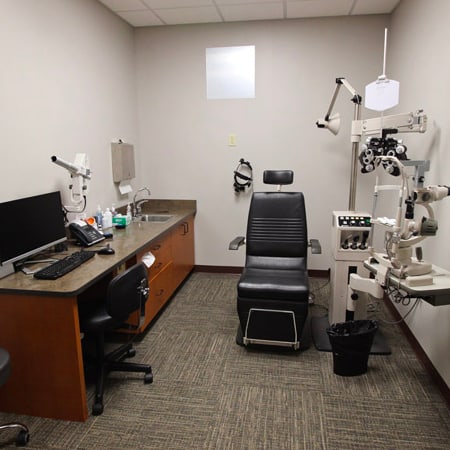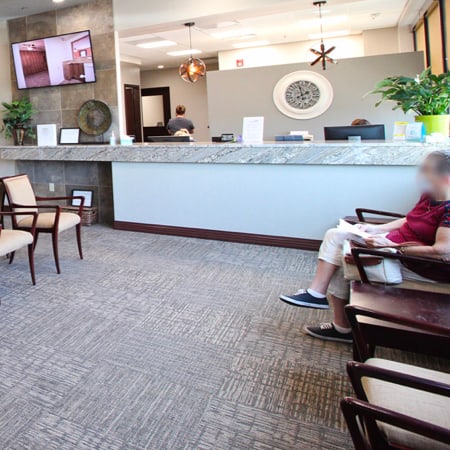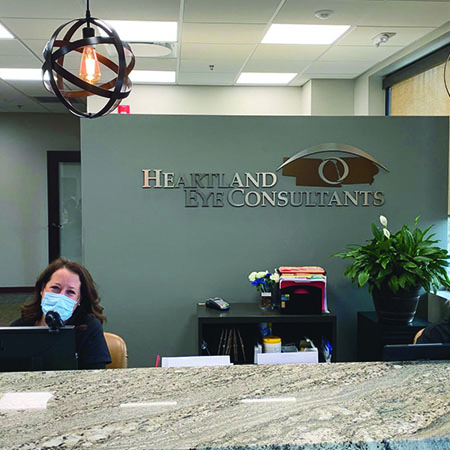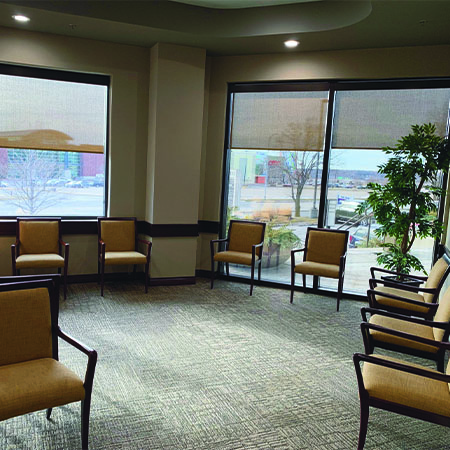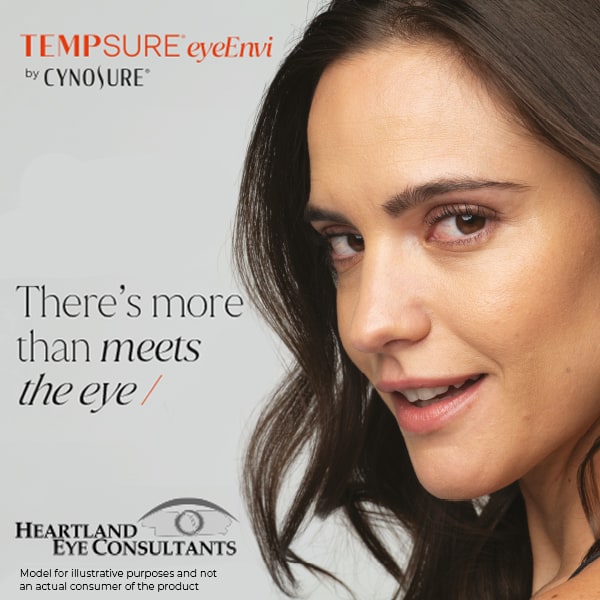“Lazy Eye” is an often misunderstood condition. The term itself leads to the idea that there is something wrong with the actual eyeball. People think “It can’t see well or it can’t move with the other eye, it must be lazy then!”. However, eye muscles are 60x stronger than necessary. Unless there is another condition causing a nerve problem or trauma that caused muscle damage, it is often a problem with the brains ability to control the eye or eyes. A significant proportion of those who have a “lazy eye” have NOTHING wrong with the eye itself. We often think that vision happens in our eyes, but both seeing and controlling the eyes happens in the BRAIN.
Each eye independently has its own:
- muscles to move the eye
- nerves to control the muscles that move the eye
- nerves that transmit information from the eye to the brain
- cells in the brain for seeing images
The occipital lobe (located at the back of the brain) is where the ability to see with both eyes simultaneously occurs, but every part of the brain is involved in making the 2 eyes work together. The brain has a challenging job- it is like taking 2 independent tennis players and making them into a doubles team. Each person has their own style and abilities, but in order for them to be successful they must both work equally and coordinate their movements in order to win a match. They may be able to make adjustments on their own, but for the 2 players to become a successful team, they need a coach guiding and directing their movements. This is what must happen in order for the 2 eyes to work together- they need their coach (the brain) to give the proper plays and strategies (signals to the nerves in the eyes) to be a team.
So in all actuality it’s not the eye being lazy, it’s the BRAIN being “lazy” or rather having difficulty sending the correct signals to the eyes and eye muscles. An eye turn (strabismus) or eye that doesn’t see well (amblyopia), is a problem of the brain not functioning properly. Now that we understand it is the brain not functioning efficiently, stay tuned for our upcoming blogs to learn a little more at these conditions!
Resources for further information:
“Fixing My Gaze” by Susan Barry
“Crossed and Lazy Eyes” by Pilar Vergara Gimenez
“Jillian’s Story: How Vision Therapy Changed My Daughter’s Life” by Robin Benoit with Jillian Benoit



